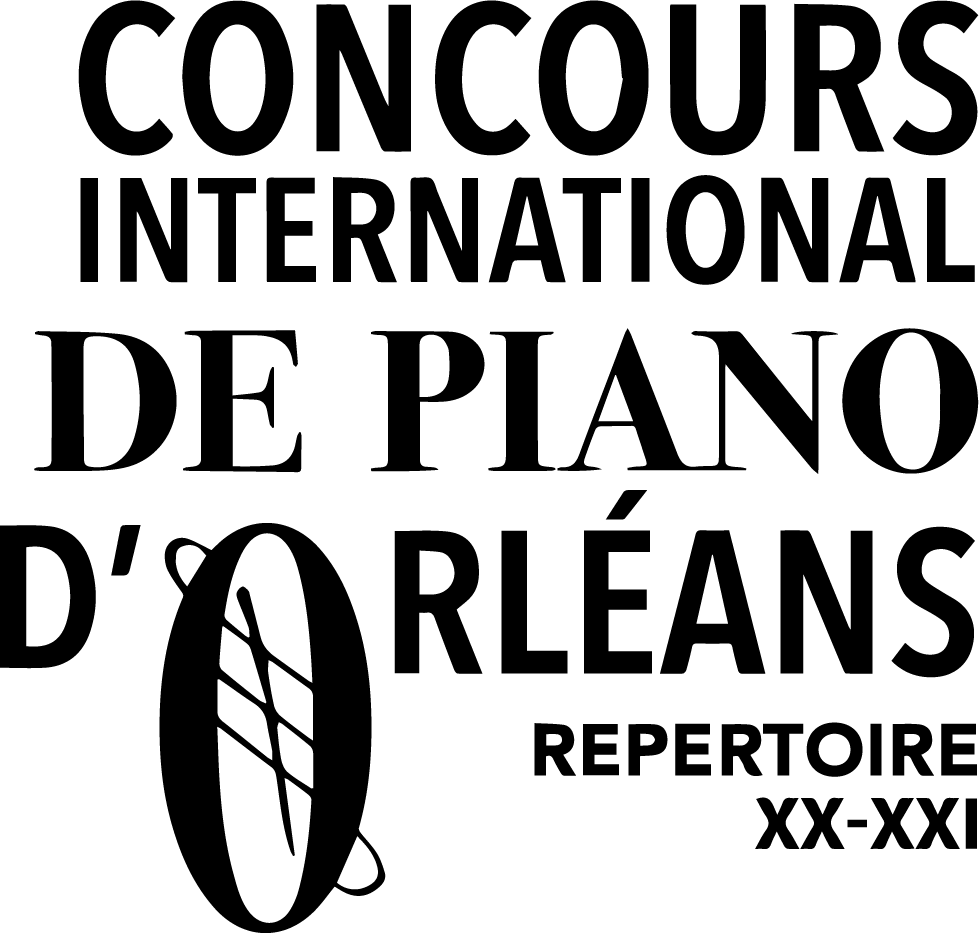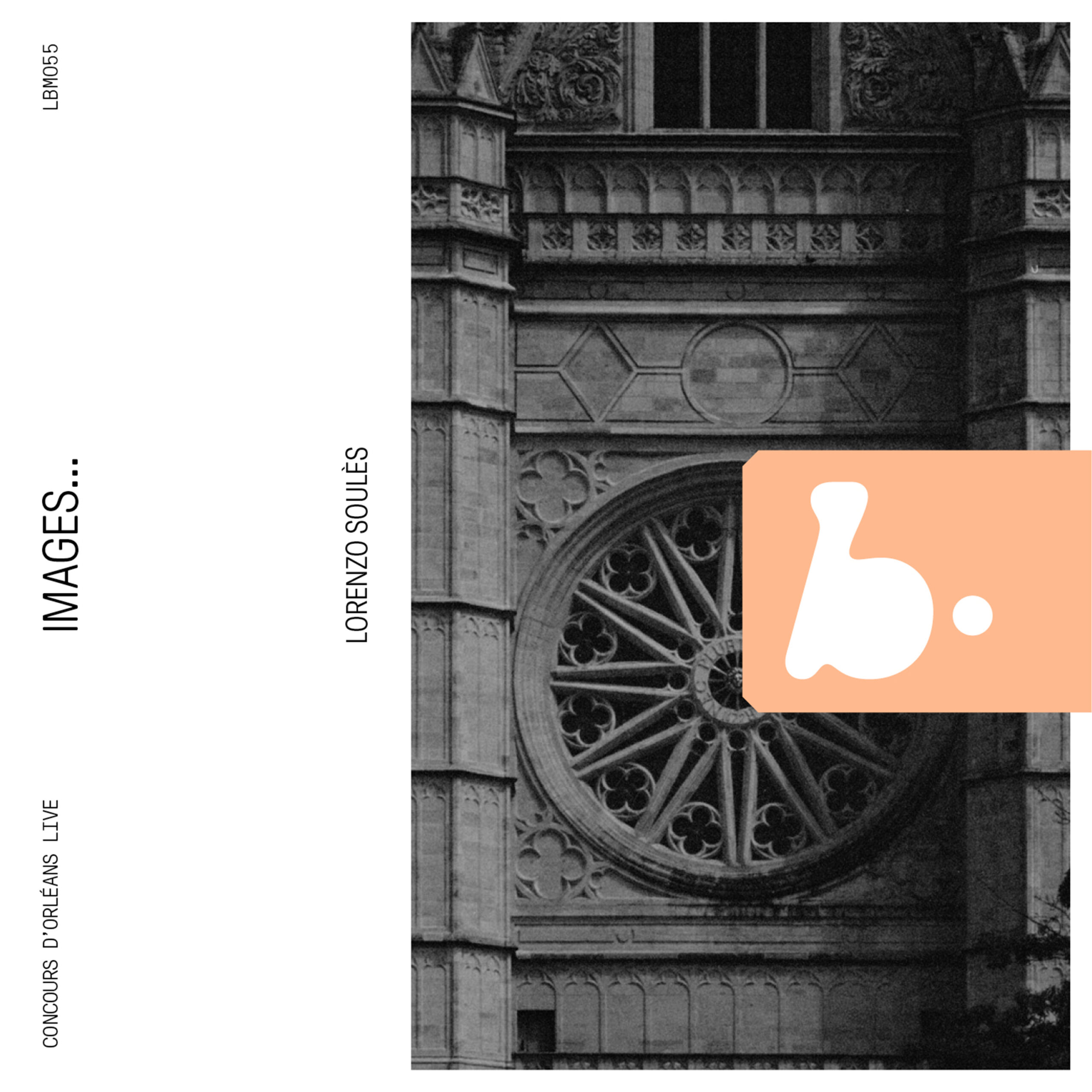Commissioned of the 15th Competition – 2022
Commissioned piece:
Title: Réseaux ; Dérèglements
Composer : Philippe Manoury
Réseaux & Dérèglements
These two studies, commissioned by the International Orléans Festival, are the first two composed in anticipation of a second book of piano studies. They can be played in any order, and not even necessarily together. They nonetheless answer one another because they both refer to certain types of behaviour, or even automation, which are only of real interest when they deviate from the paths which were supposed to be natural to them.
Réseaux (Networks)
Network is the name given to a set of connected lines. I composed this study with this image in mind. The lines in question are sinuous, sometimes abrupt. Some may even seem broken. In a network that must be as efficient as possible, the lines drawn are generally straight lines because, as we all know, this is the shortest way to go from one point to another. In art, there is nothing more boring than straight lines. This is why the contours of my lines are most often chaotic and disordered (but they must be executed with the greatest rhythmic and dynamic regularity) and though on occasion we may understand where they start, we do not always know where they are going. In this case, if the lines of a technical network are communication channels between two points, and therefore have no other intrinsic values than to transmit information from one place to another, the interest here will lie above all in their path more than the hypothetical points that they are supposed to connect. Particular importance was given to the use of the different pedals in order to create different levels of resonance, as if the lines, once travelled, left sound remanences around them, memories or shadows that retain an indistinct echo of what has lived.
Dérèglements (Unbalancing)
The first part of this study unfolds on 3 levels: relatively stable low-pitched trills, musical leaps and repeated chords. Each of these elements intervenes to disturb the others. This is where the term “unbalancing” can be explained. Everything that is stable, in equilibrium, is suddenly unbalanced by a form that will attempt to impose and stabilise itself, until the moment when it will in turn be “unbalanced”, and so on. The second part sees the arrival of a new element, more massive, and almost immutable: a kind of chorale with variations and very rich chords. The other elements revolve around it but without managing to destabilise it, it is unperturbed. The end leaves room for doubt. The chorale is silent. Only vestiges of the first gestures remain, like strange animals wandering aimlessly. And everything appears to be out of order.
Philippe Manoury Strasbourg (France), November 24th 2021
Commissioned by Orléans Concours International for the 15th International piano competition of Orléans
Partially visualize the work :
Réseaux and Dérèglements by Philippe Manoury performed by Lorenzo Soulès, winner of 2022 International piano competition of Orléans:
Composer in the spotlight: Philippe Manoury
Philippe Manoury is regarded as one of the most important French composers as well as a researcher and forerunner in the field of live electronics. Despite an in-depth training as a pianist and composer he considers himself to be self-taught. “The composition must be born from an inner longing and requires no preconditions.” The moment of interaction characterises his approach to large orchestras: he turns them into a sound laboratory where new interactive possibilities are tested.
Philippe Manoury has worked at IRCAM (Paris) since 1981. Together with the mathematician Miller Puckette he participated in the development of MAX-MSP, a programming language for interactive live electronics. Between 1987 and 1991, he composed Sonus ex machina, a cycle focusing on the real-time interaction between acoustic instruments and computer-generated sounds – a topic that continues to influence his artistic work and theoretical texts.
Alongside pieces for large orchestras such as Sound and Fury, the violin concerto Synapse (2009), the flute concerto Saccades (2019) composed for Emmanuel Pahud, and EchoDaimónon for piano, electronics, and orchestra (2012), Philippe Manoury has composed four string quartets (Stringendo and Tensio, both 2010; Melencolia, 2013; Fragmenti, 2016) and instrumental works with electronics (Partita I for viola, 2007; Partita II for violin, 2012; Le temps, mode d’emploi for two pianos, 2014).
In the Köln Trilogy (Ring, In situ and Lab.Oratorium, 2016-2019) composed during his residency as “Composer for Cologne” in collaboration with François-Xavier Roth, Philippe Manoury explored a non-conventional disposition of the orchestra, spatialized around the public in the concert hall. Philippe Manoury is working on another cycle for symphonic orchestra structured in three pieces: Anticipations (premiering on November 19th 2022 at Casa da Música in Porto), Rémanances-Palimpseste (premiering on May 1st, 2023, conducted by Teodor Currentzis) and Présences (premiering during the Suntory Hall Festival in Japan in August 2024).
Philippe Manoury’s catalogue also includes five operas produced in the most important houses in Europe: 60ème parallèle (1995/96), K… (2000), La frontière (2003), La nuit de Gutenberg (2010), and Kein Licht (2017). He is currently working on an ambitious operatic project based on the work of Karl Kraus for 2025.
In September 2021, Daniel Barenboim launched Das wohlpräparierte Klavier, for piano and live electronics, at the season opening of the Boulez Saal in Berlin. The world premiere of Argumenta for two percussionists followed in late October at the Offbeat Festival in Copenhagen. In 2022, for his 70th birthday, Philippe Manoury is celebrated with numerous concerts with the Arditti string quartet, the Paris Percussion Group, the Ensemble intercontemporain, the Orchestre de Paris, and the Orchestre National de Radio France. A new production of his opera Kein Licht takes place at the Holland Festival in June.
In summer 2015, he was elected as a member of the Berlin Akademie der Künste. During 2017, he was appointed as the Chair of Artistic Creation of the Collège de France in Paris.
Contact us
Phone:
Address:
Head office:
46 ter, rue Sainte-Catherine
Office building:
5 place de la République
F-45000 Orléans, France
Upcoming events
Last album
© 2024 OCI Piano - Legal notices - Conception et réalisation Think Ad Communication

